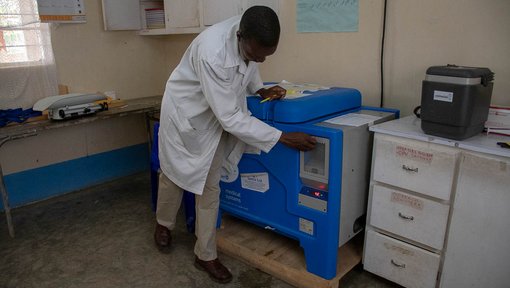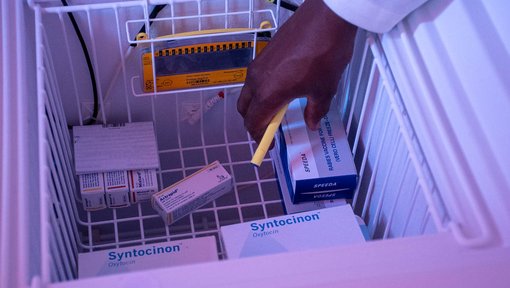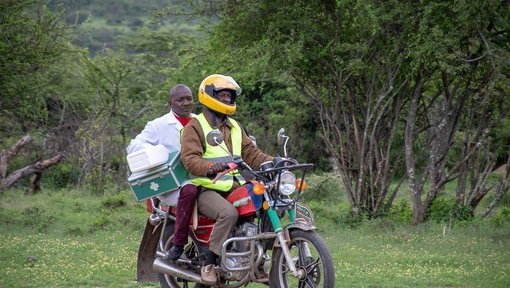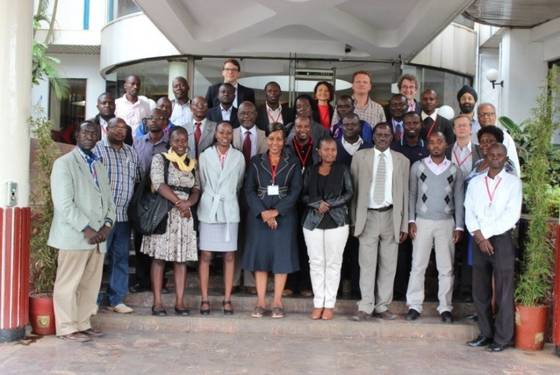Solar powered fish cold store in Kenya
GCI has started a partnership with the Kenyan Ministry of Environment, Natural Resources and Regional Development Authorities and the company “Lakeview Fisheries Ltd.” in order to reduce loss of food in the Kenyan fisheries industry by improving cold chain measures through the establishment of a solar powered climate-friendly and energy-efficient cold store. A successful workshop with potential investment partners from Western Kenya was held in December 2015. The green cold store has a state-of-the-art insulation, highly efficient refrigeration and ice making appliances that use natural refrigerants (R290), and are equipped with photovoltaic modules to reduce electricity grid dependency. GCI provides the initial technical blueprint, training of cold store builders, as well as training to replicable implementation. The first cold room will be operational by the second half of 2016. With an expected payback of less than three years, the business model will be highly replicable.




